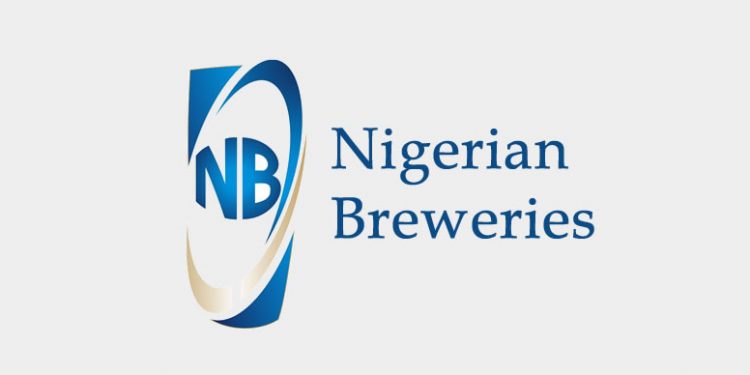Nigerian Breweries Plc has appealed to Nigerians to stop crushing and diverting its returnable bottles and crates, warning that the growing practice threatens its sustainability model and long-term production efficiency. The company emphasised that its glass packaging system, built on reuse and environmental responsibility, is under pressure due to increasing incidents of individuals selling bottles to recyclers instead of returning them into the production cycle.
During a media briefing in Lagos, the Corporate Affairs Director, Dr. Uzo Odenigbo, said that the misuse of returnable bottles undermines the company’s investment in sustainable packaging — a system designed to minimise waste, reduce pollution and support global environmental standards. He noted that despite the high cost of maintaining reusable glass, more bottles are now being destroyed, adding operational strain to manufacturers.
Odenigbo explained that the issue affects not only Nigerian Breweries but also other beverage producers who have reported similar losses. Evidence gathered from various parts of the country shows that bottles and crates from multiple brands are being crushed for recycling outside their intended value chains.
He urged Nigerians, especially scavengers and waste collectors, to return used bottles through recognised distributors and collection points, where they can receive cash in exchange, instead of selling them for destruction. According to him, this act of public cooperation is essential for keeping the circular packaging system alive.
Appealing to government and regulators, Odenigbo called for incentives and policies that protect companies investing in returnable packaging. He stressed that sustainable production reduces plastic waste, supports waste management efforts and aligns with global best practices.
On the proposed introduction of tax stamps on beer, he cautioned against adopting policies that disrupt efficient operations. He argued that beer products are low-risk for counterfeiting and that tax stamps would slow production lines, increase costs and bring little value to consumers. He added that most global markets do not apply tax stamps to beer, relying instead on smarter excise tracking systems.
Odenigbo warned that uneven enforcement could give non-compliant players an unfair advantage, distorting the market. While reaffirming Nigerian Breweries’ support for regulatory transparency, he called for a fit-for-purpose approach that balances compliance with operational reality.
He concluded by reiterating the company’s commitment to environmental sustainability, responsible production and collaboration with stakeholders to protect Nigeria’s packaging ecosystem.










